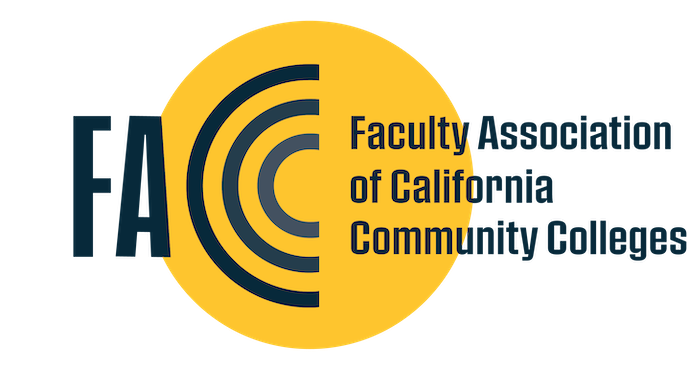This past spring, California community college faculty convened at Contra Costa College to discuss the “Pedagogy of Social Justice.” The conference featured workshops for advancing social justice in California community college instruction. Diablo Valley College (DVC) professors of sociology and political science spearheaded one such workshop, urging faculty to consider “transformative possibilities” for themselves and their students. Sociologist Sanga Niyogi and political scientist Albert Ponce explained that “the goal of Social Justice pedagogy is to develop consciousness of injustices while empowering students with the tools to work towards justice.”
The conferences came on the heels of a concerted effort to integrate social justice into the educational aims of Contra Costa community colleges. For example, DVC approved a three-tier curriculum for a social justice program in conjunction with Rainbow Youth wherein community leaders attend as guest speakers and students report on observations of campus learning communities as well as perform fifteen to twenty hours of service for a community agency. During the 2019-20 academic year, DVC will also offer “Introduction to Social Justice,” engaging with a spectrum of “intersections” between gender and sexuality, racial injustice, art, music, history, and equity. For Janice Townsend, who helped craft the Los Medanos College social justice proposal, “Social Justice is about making the world a better place, it’s about empowerment, not just about the history of yourself. It connects you to others, affinity of the things we all differ, and share in common, as humans.”
